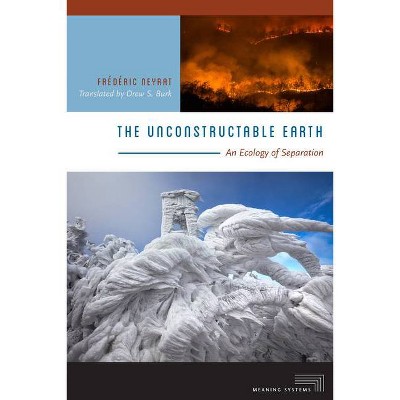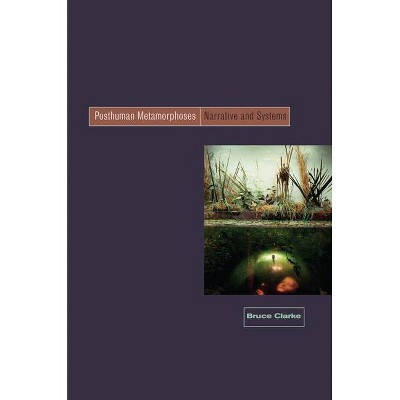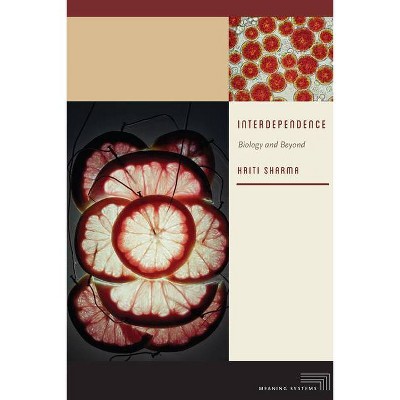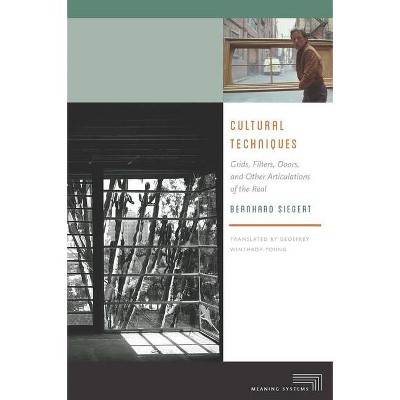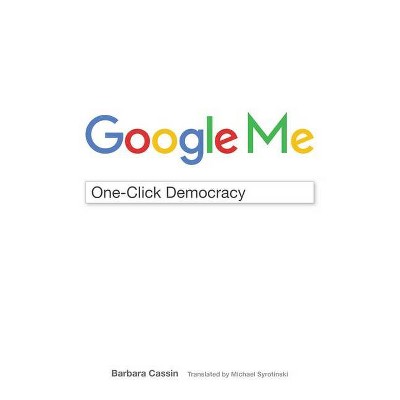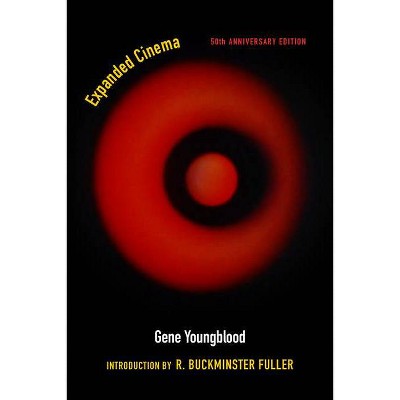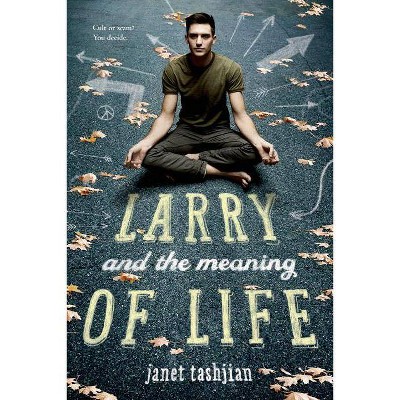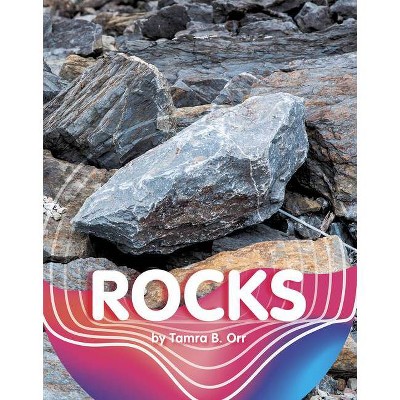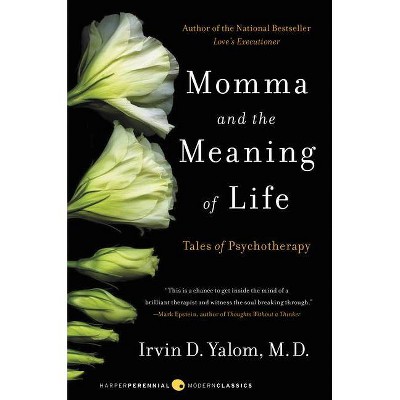Earth, Life, and System - (Meaning Systems) by Bruce Clarke (Paperback)
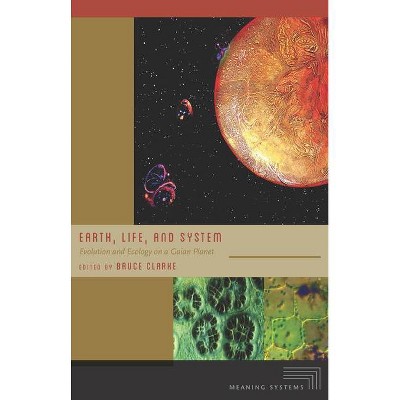
Similar Products
Products of same category from the store
AllProduct info
<p/><br></br><p><b> About the Book </b></p></br></br>Earth, Life & System: Evolution and Ecology on a Gaian Planet explores the multiple themes of Lynn Margulis's science: microbial evolution, ecology and symbiosis, the coupled interactions of environment and life in Gaia theory, and the connections of these newer scientific ideas to cultural and creative productions.<p/><br></br><p><b> Book Synopsis </b></p></br></br><p>Exploring the broad implications of evolutionary theorist Lynn Margulis's work, this collection brings together specialists across a range of disciplines, from paleontology, molecular biology, evolutionary theory, and geobiology to developmental systems theory, archaeology, history of science, cultural science studies, and literature and science. Addressing the multiple themes that animated Margulis's science, the essays within take up, variously, astrobiology and the origin of life, ecology and symbiosis from the microbial to the planetary scale, the coupled interactions of earthly environments and evolving life in Gaia theory and earth system science, and the connections of these newer scientific ideas to cultural and creative productions. <p/>Dorion Sagan acquaints the reader with salient issues in Lynn Margulis's scientific work, the controversies they raised, and the vocabulary necessary to follow the arguments. Sankar Chatterjee synthesizes several strands of current theory for the origin of life on earth. James Strick tells the intertwined origin stories of James Lovelock's Gaia hypothesis and Margulis's serial endosymbiosis theory. Jan Sapp explores the distinct phylogenetic visions of Margulis and Carl Woese. Susan Squier examines the epigenetics of embryologist and developmental biologist C. H. Waddington. Bruce Clarke studies the convergence of ecosystem ecology, systems theory, and science fiction between the 1960s and the 1980s. James Shapiro discusses the genome evolution that results not from random changes but rather from active cell processes. Susan Oyama shows how the concept of development balances an over-emphasis on genetic coding and other deterministic schemas. Christopher Witmore studies the ways in which a concentrated animal feeding operation, or CAFO, mixes up natural resources, animal lives, and human appetites. And Peter Westbroek brings the insights of earth system science toward a new worldview essential for a proper response to global change.</p><p/><br></br><p><b> Review Quotes </b></p></br></br><br>Altogether, Earth, Life, and System offers a series of often fascinating, always stimulating...invariably enriching essays in an incisive and unruly science and its existential repercussions. It is a fitting tribute to one of modern science's most generative and productive independent spirits, a gadfly like Socrates whose ultimate concern was to ensure that enquiry and debate were never stifled by received opinion and 'normal' expectations.-- "The British Society for Literature and Science"<br><br>In a nod to Margulis's work, the assembled essays represent an attempt at discipline-bridging literary symbiosis. Contributors include biologists, philosophers, historians, and even Margulis's son, a science writer who sets the tone for the rest of the text in an intimate first chapter about his mother. Clarke's sought-after interdisciplinarity shines in the finished product.-- "Isis Review"<br><br><i>Earth, Life, and System</i> is a strikingly original and challenging collection of essays, which places the work and broad intellectual interests of Lynne Margulis in a variety of contexts and develops original arguments and interpretations that expand on and complement her interests.<b>---Stacy Alaimo, University of Texas at Arlington, <i></i></b><br><br><i>Earth, Life, and System</i> is a vital contribution to interdisciplinary knowledge about life, evolution, and the planetary imaginary. Clarke has assembled some of the best thought-provoking thinkers on this topic.<b>---Tyler Volk, New York University, <i></i></b><br><p/><br></br><p><b> About the Author </b></p></br></br><br><strong>BRUCE CLARKE </strong>is Paul Whitfield Horn Professor of Literature and Science in the Department of English at Texas Tech University. He is the author of Narrative and Neocybernetics; Posthuman Metamorphosis: Narrative and Systems (Fordham); Allegories of Writing: The Subject of Metamorphosis; and Energy Forms: Allegory and Science in the Era of Classical Thermodynamics. He is also, with Linda Dalrymple Henderson, editor of From Energy to Information: Representation in Science and Technology, Art, and Literature, and, with Mark B. N. Hansen, Emergence and Embodiment: New Essays on Second-Order Systems Theory.<br>
Price History
Price Archive shows prices from various stores, lets you see history and find the cheapest. There is no actual sale on the website. For all support, inquiry and suggestion messages communication@pricearchive.us
